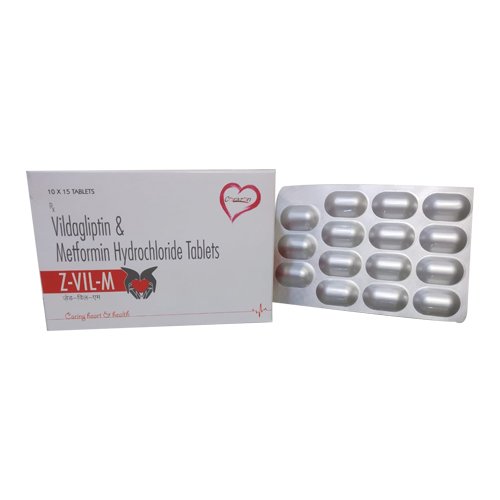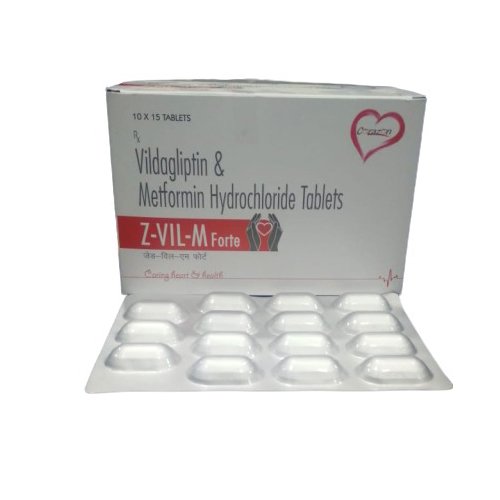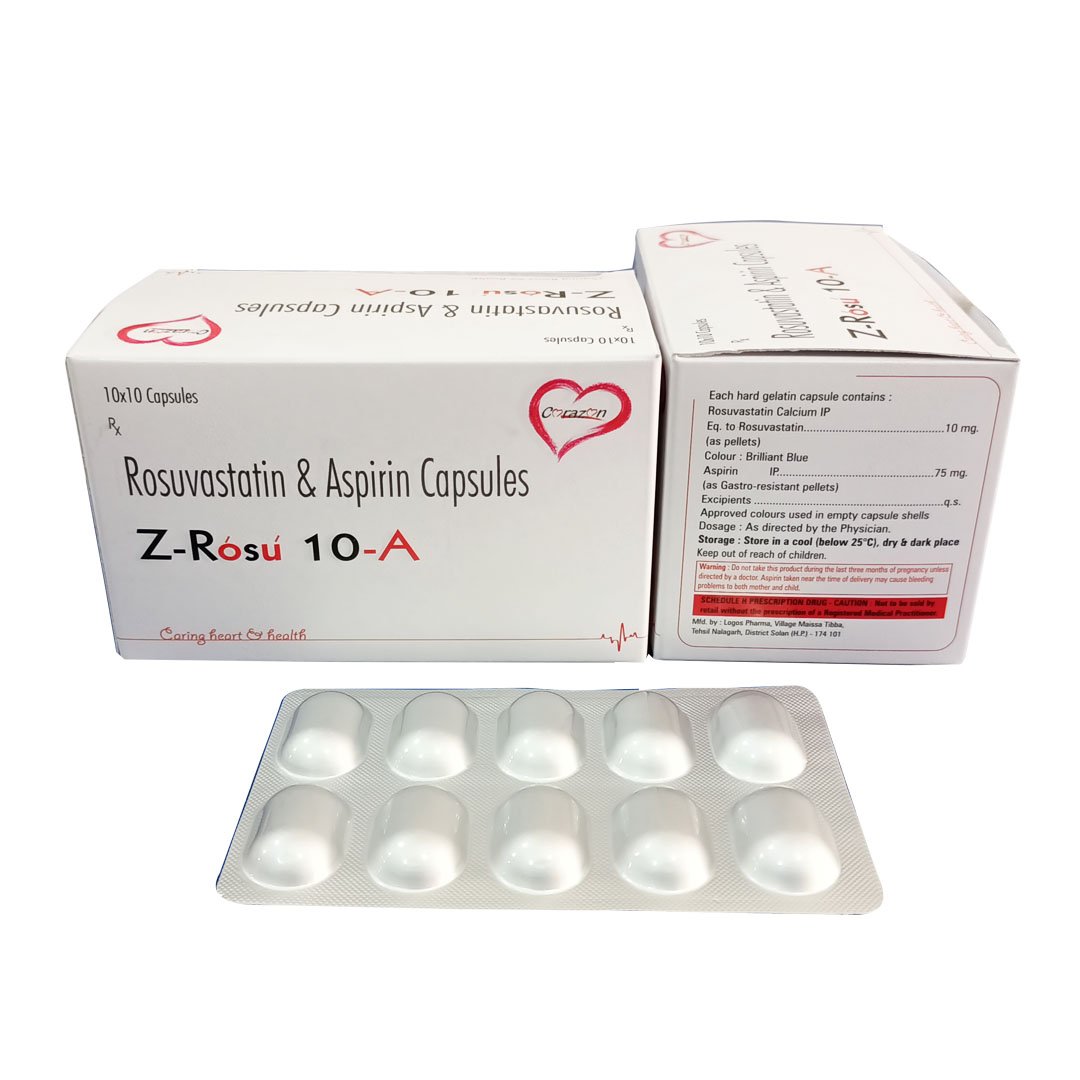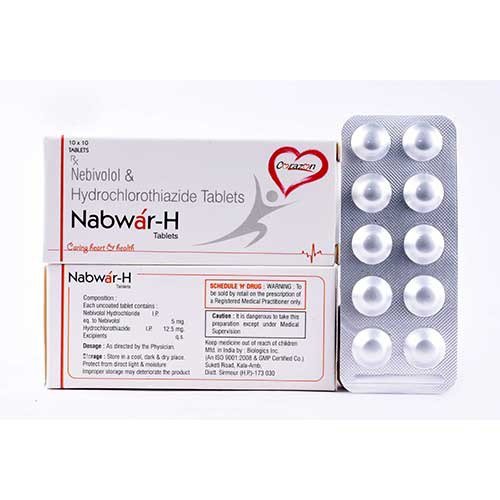Vildagliptin Metformin 50mg 500 mg Tablet

Brand Name : Z-VIL-M
Composition : Vildagliptin Metformin 50mg 500 mg Tablet
Packing Type : 10X15
Product Price : Rs. 2550
Z-VIL-M (Vildagliptin Metformin 50mg 500 mg Tablet)
Z-VIL-M is composed of Vildagliptin 50mg and Metformin 500mg. Vildagliptin is a DPP-4 inhibitor, increases the release of insulin from the pancreas and decreases the hormones that raise blood sugar levels. Metformin is belongs to biguanide classification of drugs. It lowers glucose production in the liver, delays its absorption from intestines and increases the body's sensitivity to insulin. This combination helps in maintaining both fasting and post meal sugar levels. Together, they provide better control of blood sugar.
Indications
• Type 2 diabetes Mellitus
• Maintains the blood sugar level
Mechanism of action
Vildagliptin inhibits the inactivation of GLP-1 and GIP by DPP-4, which allows GLP-1 and GIP to initiate the secretion of insulin in the beta cells and suppress glucagon release by the alpha cells of the islets of Langerhans in the pancreas. Metformin inhibits mitochondrial complex I activity responsible for its potent ant diabetic effect.
Vildagliptin:
- Inhibits the enzyme DPP-4, preventing the breakdown of incretin hormones GLP-1 and GIP.
- These incretins enhance insulin secretion from pancreatic beta cells.
- They also suppress glucagon release from alpha cells.
- Result: Improved glucose regulation, especially after meals.
Metformin:
- Decreases hepatic glucose production (gluconeogenesis).
- Delays glucose absorption in the intestines.
- Increases insulin sensitivity in peripheral tissues.
- Inhibits mitochondrial complex I, responsible for its antidiabetic effects.
Dosage : As prescribed by the physician
Pharmacology
Absorption
- Vildagliptin: Rapid absorption with >90% oral bioavailability.
- Metformin: Bioavailability of 50–60% for a 500 mg dose taken on an empty stomach.
Distribution
- Vildagliptin: Low protein binding (9.3%); large volume of distribution (~71 L), indicating extensive tissue distribution.
- Metformin: Volume of distribution ranges from 63–276 L, showing wide systemic distribution.
Excretion
- Vildagliptin: 25% excreted unchanged via kidneys; rest metabolized by hydrolysis.
- Metformin: Primarily eliminated unchanged by the kidneys via tubular secretion, with clearance 3.5× higher than creatinine clearance.
Precautions
While using the medication there are certain precaution that needed to followed to use the medication effectively, such as :
- Inform your physician, if you are
- Allergic to this medication or any of the other ingredients of this medication.
- Pregnant, planning to become pregnant, or breastfeeding.
- Any disease of the pancreas (such as pancreatitis, which is a condition where the pancreas is inflamed)
- Gallstones, drink alcohol often or have very high levels of triglycerides (a type of cholesterol) in your blood.
- Have or had diabetic keto acidosis where there is a build-up of acid in the blood because the body is breaking down fat instead of sugar before
- Kidney or liver problems
Contraindications
• Congestive heart failure
• Acute or chronic metabolic acidosis
• Lactic acidosis
• Diabetic ketoacidosis
Frequently Asked Questions
Address
SCO 5-6, Zirakpur-Panchkula-Kalka Hwy, near Hotel Sunpark, Wadhawa Nagar, Dhakoli, Zirakpur, Punjab 140603
Contact No.
+91-7087571536
Email
arlakcorazon@gmail.com



